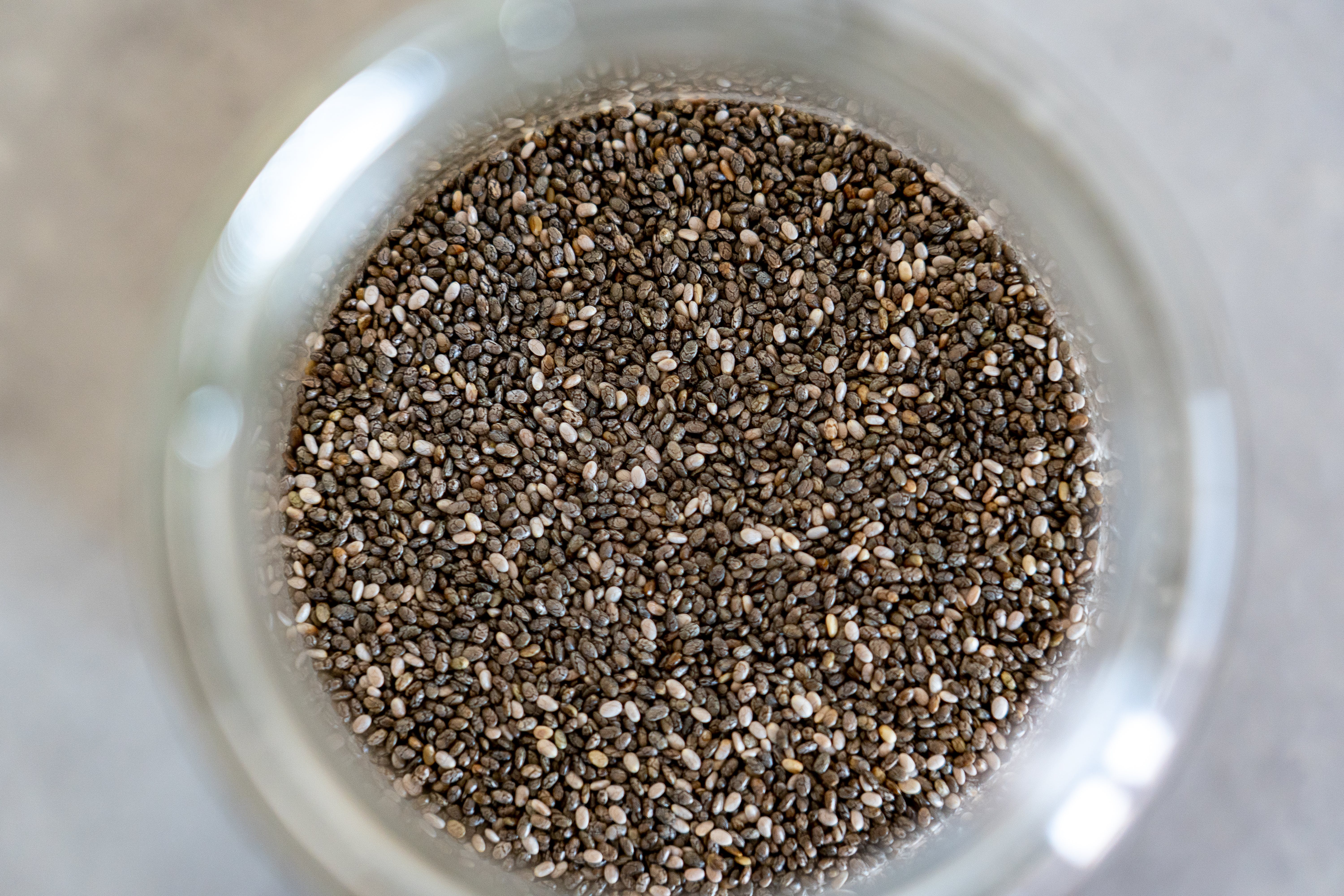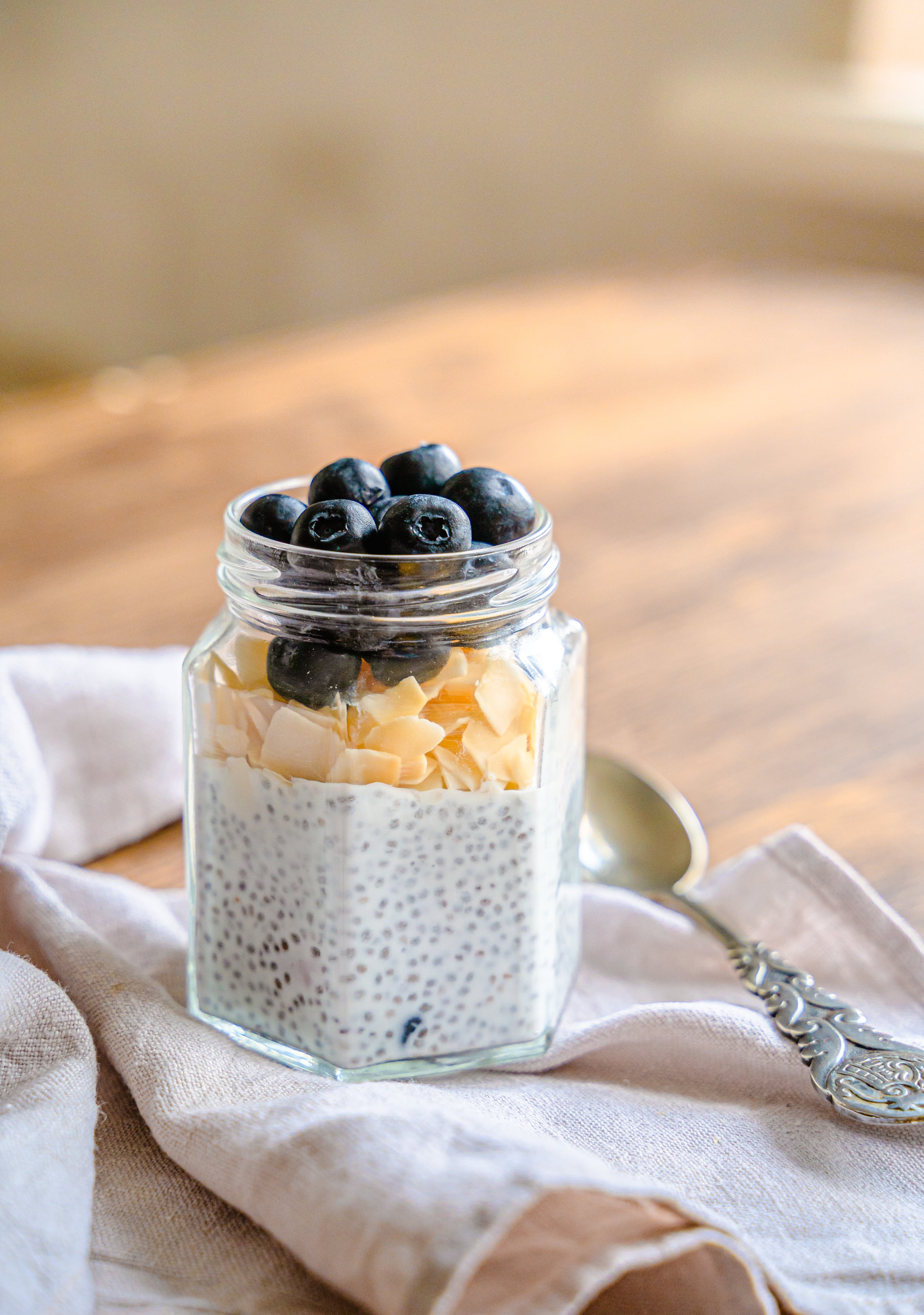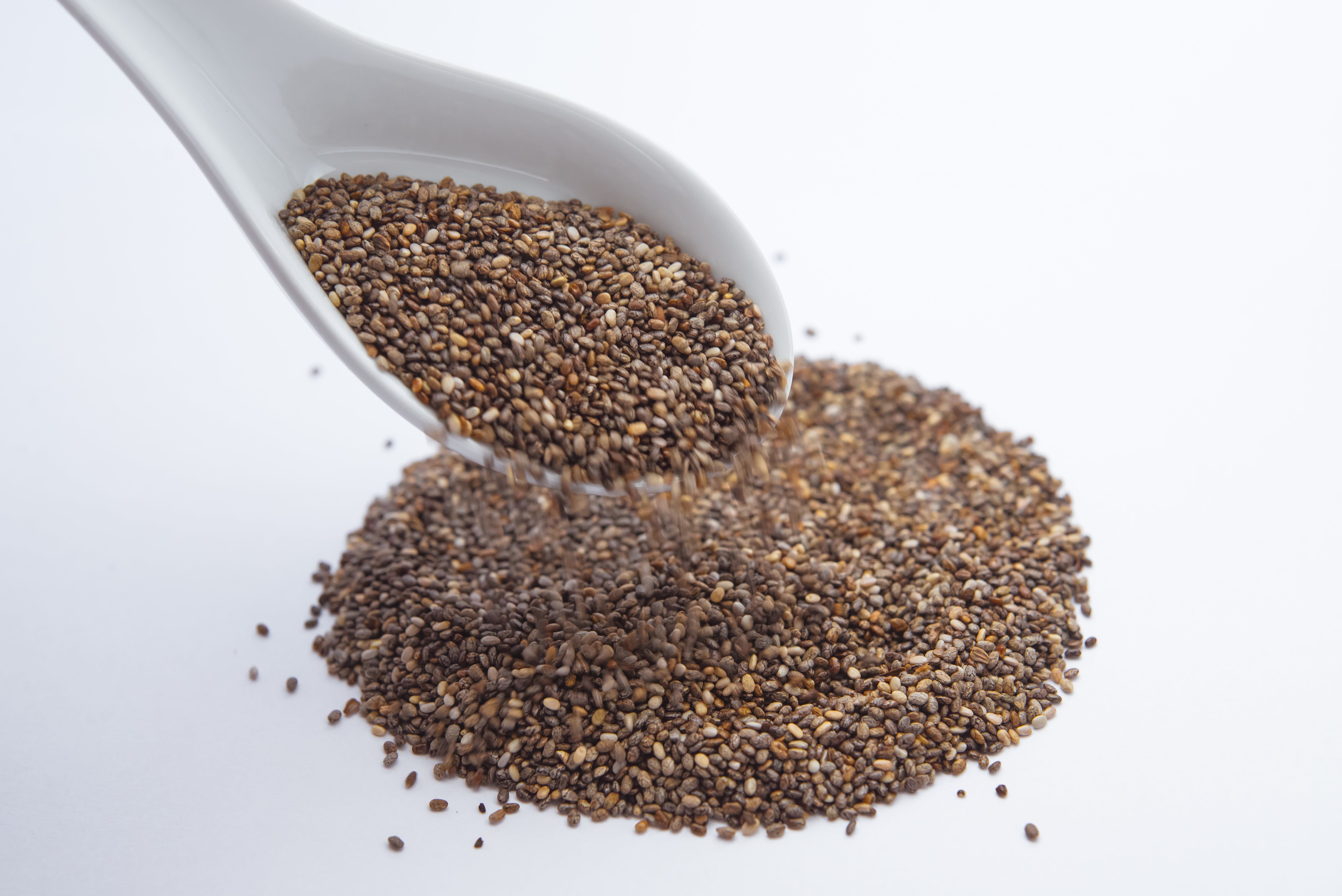Chia seeds, tiny powerhouses packed with essential nutrients, have gained significant popularity in health-conscious circles. Derived from the Salvia hispanica plant, these seeds have been revered for their numerous health benefits and culinary versatility. However, like any superfood, understanding both their advantages and potential drawbacks is crucial for incorporating them into your diet effectively.
Benefits of Chia Seeds:
- Nutrient-Rich: Despite their minuscule size, chia seeds are loaded with nutrients. They’re an excellent source of omega-3 fatty acids, fiber, protein, calcium, magnesium, and antioxidants. Incorporating them into your diet can help ensure you meet your daily nutrient requirements.
- Promotes Digestive Health: Chia seeds are incredibly rich in fiber, with a high content of soluble fiber specifically. This makes them beneficial for promoting digestive regularity, preventing constipation, and supporting a healthy gut microbiome.
- Heart Health: The omega-3 fatty acids found in chia seeds, primarily alpha-linolenic acid (ALA), have been associated with a reduced risk of heart disease. ALA can help lower levels of LDL cholesterol and triglycerides while increasing levels of HDL cholesterol, thereby improving overall cardiovascular health.
- Blood Sugar Regulation: Chia seeds have been shown to help stabilize blood sugar levels, making them particularly beneficial for individuals with diabetes or those at risk of developing the condition. The soluble fiber in chia seeds slows down the absorption of sugar in the bloodstream, preventing spikes and crashes in blood glucose levels.
- Weight Management: Due to their high fiber and protein content, chia seeds can promote feelings of fullness and satiety, potentially aiding in weight loss or weight management efforts. They can be a valuable addition to a balanced diet for those looking to control their calorie intake.

Potential Harmful Effects:
- Allergic Reactions: While rare, some individuals may experience allergic reactions to chia seeds, particularly those with allergies to other seeds or members of the mint family, to which chia belongs.
- Digestive Issues: Consuming large quantities of chia seeds without adequate fluid intake can lead to digestive discomfort, including bloating, gas, or constipation. It’s essential to drink plenty of water when incorporating chia seeds into your diet to prevent these issues.
- Potential Medication Interactions: Chia seeds may interact with certain medications, particularly blood thinners or blood pressure medications. If you’re taking any prescription medications, consult with your healthcare provider before adding chia seeds to your diet to ensure they won’t interfere with your medication regimen.

Optimal Consumption Timing:
The optimal time to consume chia seeds largely depends on individual preferences and dietary habits. However, there are a few general guidelines to consider:
- Incorporate Them Into Meals: Chia seeds can be added to a variety of dishes, including smoothies, yogurt, oatmeal, salads, or baked goods. Adding them to meals or snacks throughout the day can help you reap their nutritional benefits without feeling restricted to a specific consumption time.
- Pre-Exercise: Consuming chia seeds before a workout can provide a sustained source of energy due to their high fiber and protein content. Consider adding them to a pre-workout smoothie or mixing them into a homemade energy bar for a nutritious boost.
- Post-Exercise: After a workout, incorporating chia seeds into a post-workout meal or snack can help replenish glycogen stores, repair muscle tissue, and promote recovery. Pair them with a source of carbohydrates and protein for optimal recovery benefits.
- As a Bedtime Snack: Consuming chia seeds as part of a bedtime snack can help promote feelings of fullness and satiety, potentially preventing late-night cravings or overeating. Mix them into a small serving of Greek yogurt or sprinkle them over a piece of fruit for a nutritious and satisfying evening snack.

In conclusion, chia seeds offer a plethora of health benefits when consumed as part of a balanced diet. However, it’s essential to be mindful of potential allergic reactions, digestive issues, and medication interactions. By incorporating chia seeds into your meals and snacks strategically and ensuring adequate fluid intake, you can harness their nutritional power and support your overall health and well-being.

